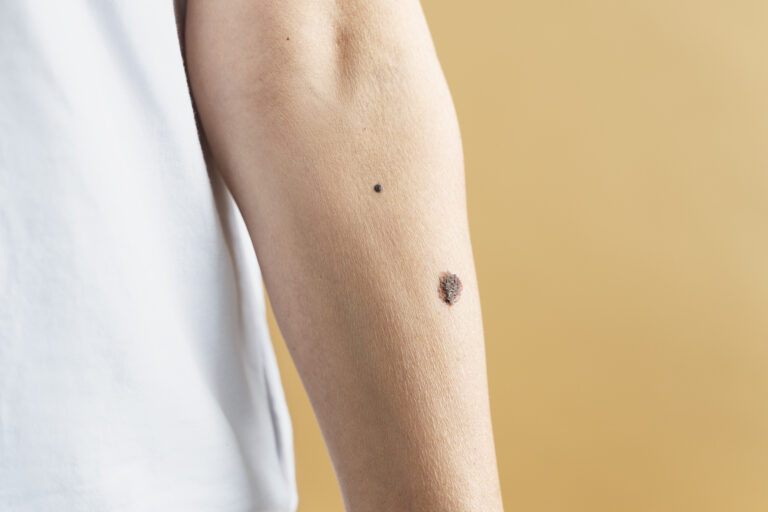
10 common skin surgery myths and the truth behind them
Skin surgery is oftentimes an essential procedure. It is done by highly qualified professionals to treat severe conditions ranging from benign cysts to skin cancer. However, there are still lots of popular misconceptions about this type of medical procedure. Some myths can be quite harmful, and may even prevent people from seeking the help they need. Have a look below at some of the most widely spread skin surgery myths:
Myth 1: All skin surgeries are the same
Fact: Skin surgeries can vary widely, depending on the conditions that they are treating. You will be undergoing different procedures when removing moles, treating skin cancer, or addressing any other dermatological conditions. For each condition and treatment, the recovery process will be different as well.
It is important to speak to a qualified professional about the type of surgery you’re planning to undertake, so that you can know exactly what to expect.

Myth 2: Only older people need surgery
Fact: While it is true that older people are likely to undergo skin surgery for age-related issues, these kinds of procedures are not limited to them. Younger people may also need to pursue varying types of surgery for conditions like severe acne or removing benign growths. Whether you need or should pursue surgery is dependent on the condition and not your age.
Myth 3: Skin surgery is only for vanity purposes
Fact: These types of myths around cosmetic surgery create a lot of stigma around the topic, when reality couldn’t be more different. The truth is, people rely on skin surgery and treatments for a variety of conditions such as cysts or skin tags. These treatments can improve the patients’ lives but also their confidence – they are worth pursuing even if done strictly for appearance purposes.
Myth 4: You can treat certain conditions just as well with non-surgical treatments
Fact: While non-invasive treatments like laser therapy or chemical peels can be effective for some skin conditions, they cannot always achieve the same results as surgical intervention. For example, certain types of skin cancer or large growths often require specific types of surgery in order to be completely removed.
Myth 5: The recovery process is long and painful
Fact: Nowadays, advancements in surgery techniques have greatly reduced the recovery time and discomfort associated with skin surgery. Depending on the type of surgery, you may be able to resume your day-to-day life in no time – sometimes even on the same day. Make sure you follow your healthcare provider’s instructions after the surgery so that the recovery process causes as little discomfort as possible.
Myth 6: Skin surgery is dangerous
Fact: Like any other type of surgery, skin surgery does involve a certain degree of risk. That is why it is extremely important to undergo surgeries performed only by qualified professionals that can help minimise these risks.
Myth 7: Having many moles on your body is a bad sign
Fact: According to Cancer Research UK, the risk of melanoma is higher in people with 100 or more common moles on their body compared with those that have fewer ones.
The risk increases further if you have lots of large or unusually shaped moles. The best way to prevent melanoma and other types of skin cancer is by getting regular check-ups – your dermatologist will be able to tell you if there are any reasons for concern.
Myth 8: Only new moles should get checked out
Fact: Despite what mole mythology may say, skin cancer can develop in new moles as well as old ones. What you need to keep an eye out on are newly developed moles, but also older moles that have suddenly changed colour or size. Look for any irregular/asymmetrical shapes, uneven borders or moles with a mix of more than two colours as well.

Myth 9: Skin surgery always requires general anaesthesia
Fact: Most types of skin surgery are performed using local anaesthesia, meaning the patient stays awake during the procedure. This helps reduce any risks associated with general anaesthesia, and also greatly reduces the recovery time.
Myth 10: Skin surgery always leaves noticeable scars
Fact: In some cases scarring might be unavoidable. However, many modern advancements in dermatology help us reduce scarring to a minimum. Most surgeries nowadays aim to remove as little healthy tissue as possible, and will also often close the wound on the same day. This ensures that any scarring remaining is as hidden as possible.
Take care of your body with Derm Consult
Understanding all these myths and the truth behind them can help patients make better, more informed decisions about their skin health. If you want to know if you need skin surgery, get in touch with one of our specialists for a consultation.

